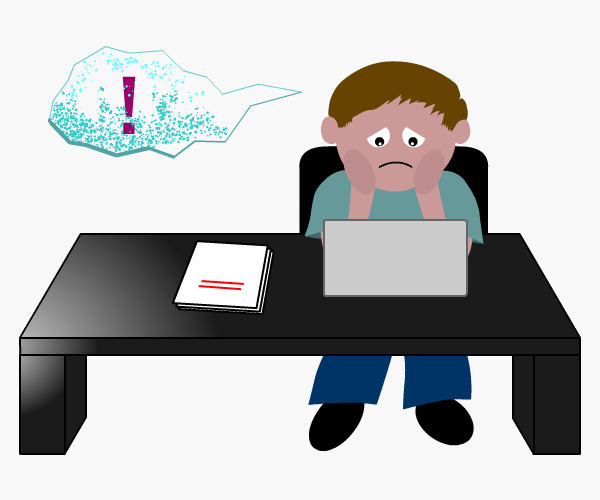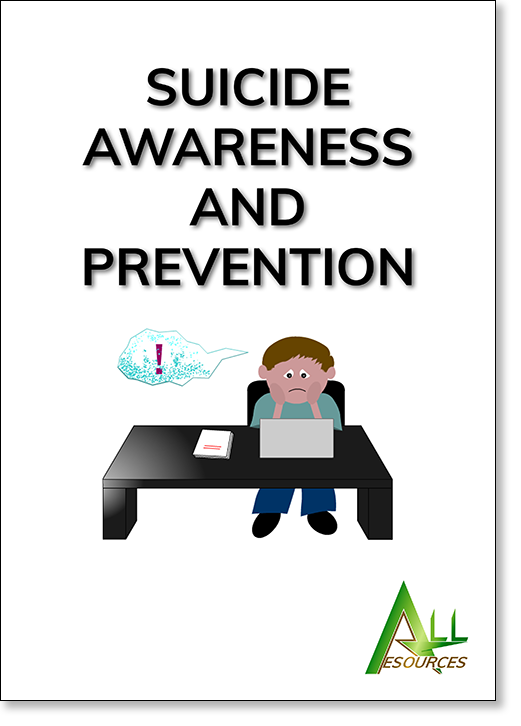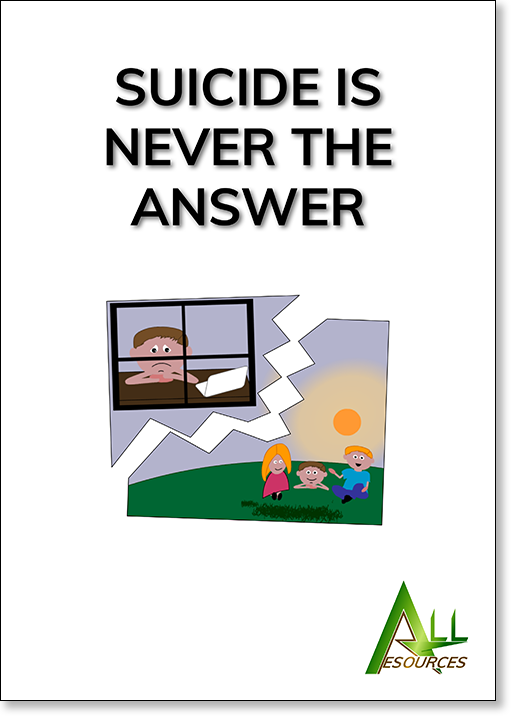
The cost of living crisis is a term that is being widely talked about in the media. The rate of inflation is increasing and petrol and diesel prices are rising fast. The cost of electricity and gas are astronomical and are set to increase further this year. The price of food is rising in leaps and bounds and people are genuinely having to choose between ‘heating or eating’.
A recent report on Sky News highlighted the effects of poverty and ‘living on the breadline’ for young people. Shockingly, the report stated that children as young as eleven were planning to join a gang with the intention of selling drugs to help support their families and put food on the table!
Financial hardships and the prospect of being pushed into poverty has severely impacted the mental health of many. With social and financial services pushed to their limits, the pressure for some may be too great and they may even contemplate suicide. A study by the Money and Mental Health Policy Institute in 2018 found that 1 in 14 people, or 7% of the UK adult population, had a debt problem and 1 in 8 had considered suicide. Four years later and facing recession, these figures are expected to have increased to even greater levels.
According to the Office for National Statistics, 91% of adults in the UK reported a worrying increase in the cost of living between June and July 2022. In the latest study by the Money and Mental Health Policy Institute (recorded 8th June 2022), they surveyed 4000 people with mental health conditions. and discovered some worrying statistics. According to this report, 46% of people had reduced the number of meals they ate in a day, and almost 1 in 5 had missed an important appointment related to their mental health due to the lack of travel funds.
For the vulnerable and those in need, it is a vicious circle. The level of helplessness and despair that people below the poverty line find themselves in can lead to suicide. One of the most worrying signs of the times is the number of individuals and families that use food banks. Sadly, some food banks are forced to turn queues of people away because they have run out of food. Many people who once made donations to food banks cannot do so now as they are financially stretched themselves due to the increase in food costs. It’s a tragic sign that so many people cannot afford their basic needs in one of the richest countries in the world.
If someone you know is suicidal or suffering due to the financial crisis, make time to listen and support them as best you can and signpost the following:
- MABS: 0818 072 000
- CAB England: 0800 144 8848
- CIS Ireland: 0818 07 4000
Related: World Suicide Prevention Day
Get involved with World Suicide Prevention Day 2022 on social media using these hashtags:

Suicide Awareness and Prevention
Covers suicide from a variety of perspectives, the reasons behind suicide, the groups most at risk and the warning signs.
- Focus: For those interested in suicide prevention and mental health policy
- Category: General
- First published: 2022
- Pages: 61
- Illustrated throughout
Hard copy: £35.99 add to basket

Suicide is Never the Answer
Understand the reasons behind suicidal feelings in young people and recognise the signs to help prevent this tragedy.
- Age range: 12 years and upwards
- Category: Schools
- Last revised: 2022
- Pages: 44
- Illustrated throughout
Hard copy: £25.99 add to basket


